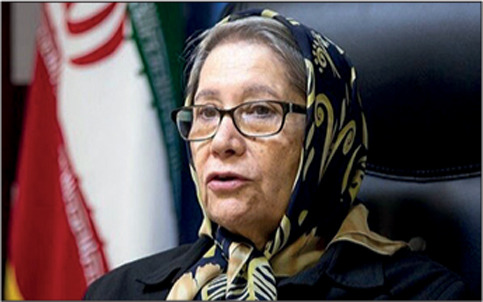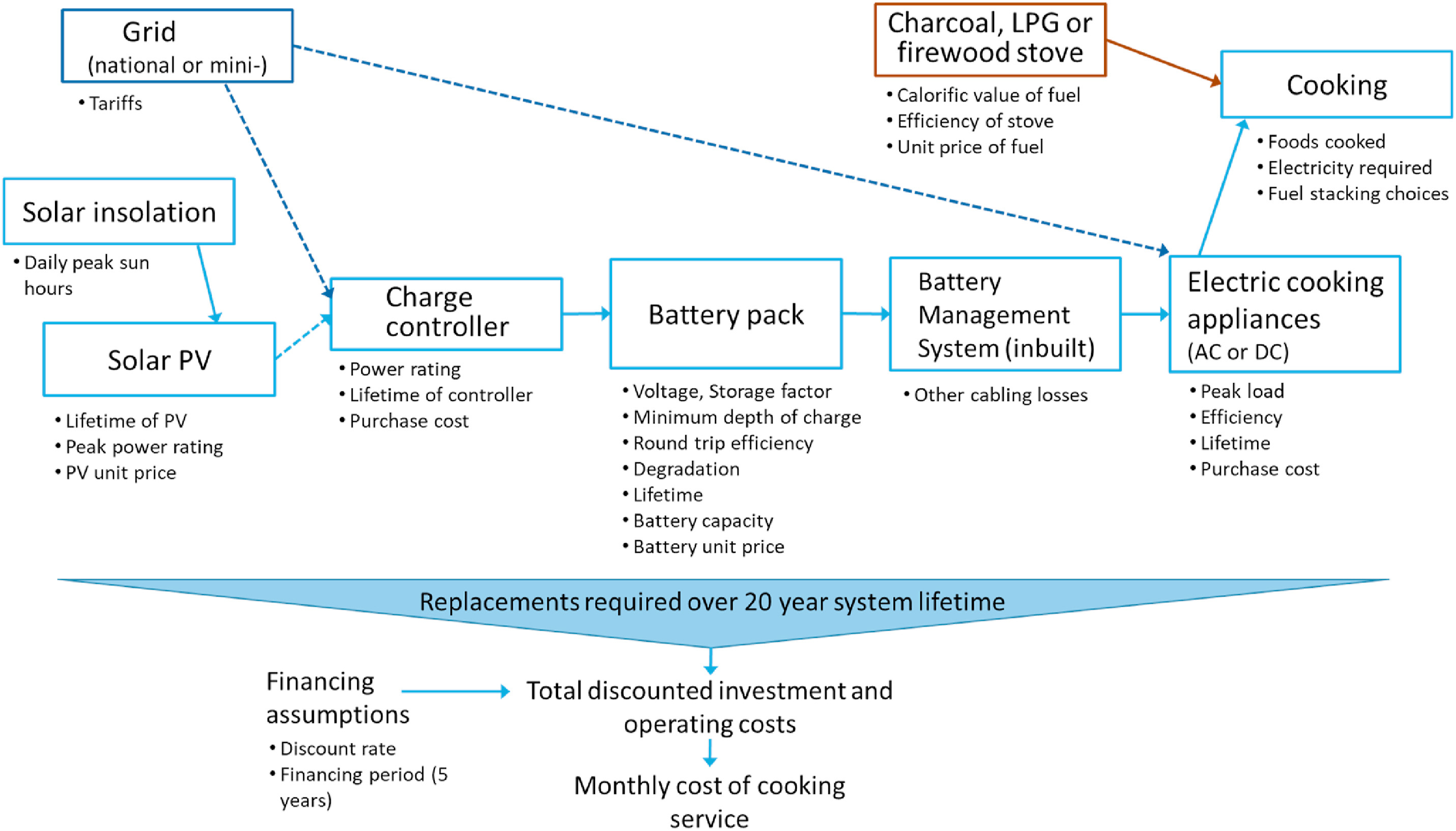Building and Environment, Volume 206, December 2021
Gender differences in the assessment of thermal comfort and indoor environmental quality (IEQ) in the Gulf Cooperation Countries (GCC) have not previously been investigated, despite the prevalence of the overcooling of indoor spaces. This study investigated the effect of sex, age and body mass index on subjective thermal comfort perceptions, comfort temperature and IEQ satisfaction in offices using our thermal comfort surveys in Qatar, India, and Japan. Data from the American Society of Heating, Refrigerating and Air-Conditioning Engineers (ASHRAE) databases were used for comparison.
Studies in History and Philosophy of Science, Volume 90, December 2021
It has now been more than thirty years since Joan Wallach Scott (1986) argued that gender is a legitimate and necessary category of historical analysis that applies to all fields, including genetics. In the intervening years, a substantial body of work has appeared that adds women to the historiography of genetics. While this is a necessary component for including gender as a category of analysis in genetics, it is not sufficient.


